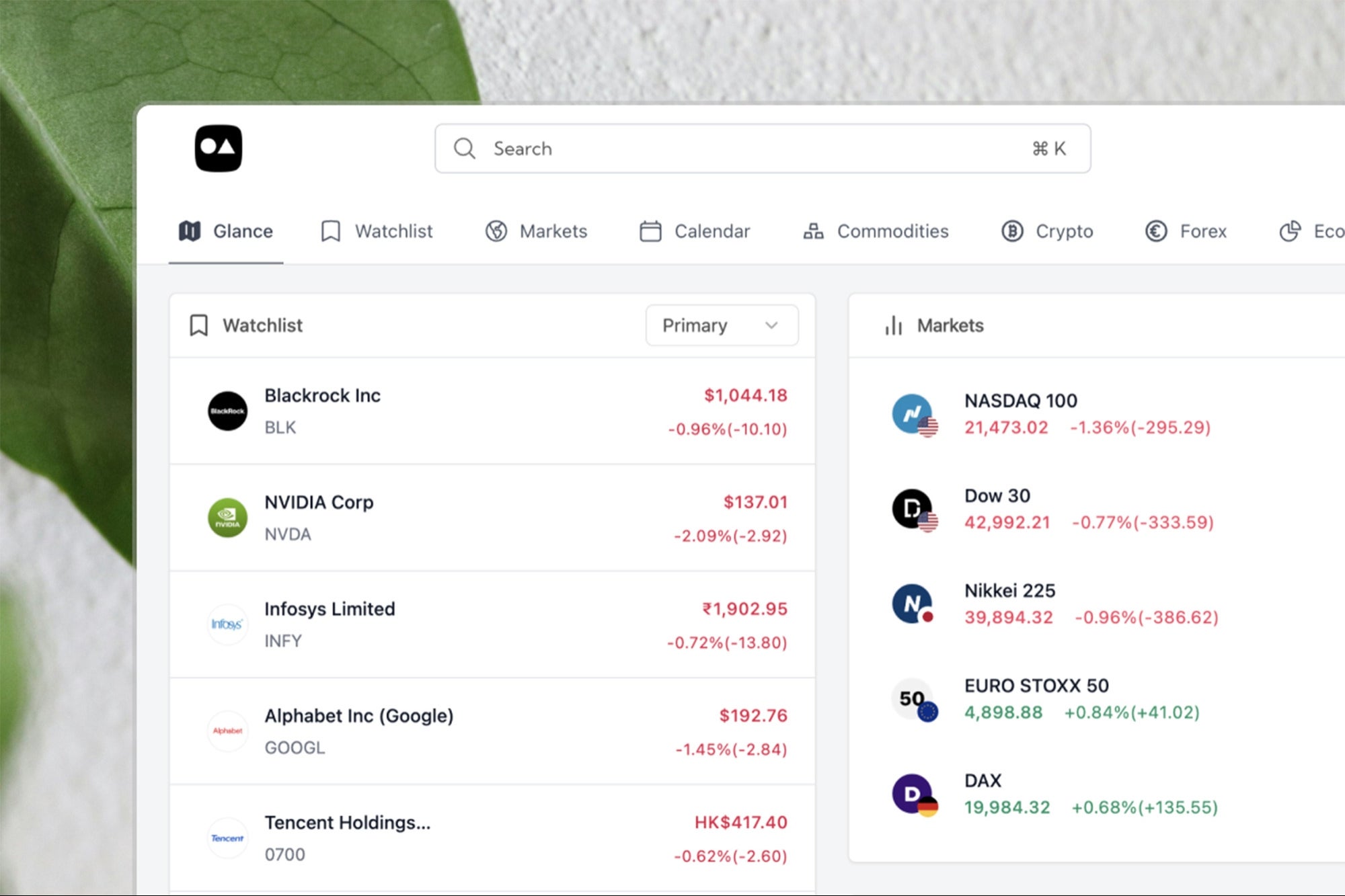Apple May Build a Car, But No One Will Buy It Based on Tim Cook's comments and the company's core competencies, autonomous ride-sharing tech could bring Apple success via robo-taxis.
By Doug Newcomb
This story originally appeared on PCMag

Hardly a week goes by without a car or tech company (or both) announcing a partnership, acquisition, or breakthrough in the race to develop fully autonomous vehicles. But one prominent name is noticeably absent from the current and constant self-driving scrum: Apple.
Of course, Cupertino hasn't exactly been sitting on the self-driving sidelines. Apple staffed up a 1,000-person autonomous vehicle development team (before scaling it down), made inquiries into using a Northern California testing facility for self-driving cars, and recently received a permit to test on public roads in California, among other activities.
But compared to others plunging into self-driving technology in an aggressive and very public way, Apple has kept a characteristically low profile with its autonomous vehicle project. And it has fallen behind as a result.
So when CEO Tim Cook disclosed details about the company's self-driving car project in an interview last week, his comments were analyzed to death. Nothing Cook said was particularly revelatory and echoed what most others in the space have been saying -- autonomous technology will be a game-changer, used for ride-sharing services, and is "the mother of all AI projects."
Cook was still cagey about Apple's endgame, saying only that the company is "focusing on autonomous systems." Many took this to mean that Apple, like Google, is pivoting to supplying a software platform to automakers for self-driving technology rather than building cars itself.
I can't imagine Apple as simply an auto industry supplier. Given the core competencies that have built the company into a tech powerhouse, Apple could still build a car, although no one will ever buy it.
A distinct advantage
Auto industry analyst Sam Abuelsamid pointed out in a recent Forbes.com post that Apple and Google could become automakers and turn smaller car companies into suppliers for ride-sharing purposes.
This makes perfect sense in Apple's case since the company isn't a manufacturing powerhouse, per se. Instead, as Abuelsamid points out, it's famous for farming out the assembly of its products to outfits like Foxconn, Quanta, and Flextronics.
Apple has little incentive to compete in a low-margin, high-overhead business. But producing vehicles for ride-sharing, in the same way that Ford has promised to do by 2021, could give Apple a distinct advantage over competitors.
Apple has built its business -- and made billions -- by creating products and services with appealing design, intuitive and often groundbreaking user interfaces, and features that people didn't know they needed, often within an existing product category. These strengths could play to Apple's advantage if, as many believe, autonomous vehicles make the cost of owning and operating a car prohibitively expensive and robo-taxis take over.
Whether it's using Uber Pool, Lyft Line or even taking a taxi or limo, ride-sharing is already stratified based on cost and the experience. Apple has never had to compete on price due to its unique value proposition. I can easily see Apple bringing its expertise and marketing flair to autonomous ride-sharing vehicles of the future. And, of course, charging a premium for it.











